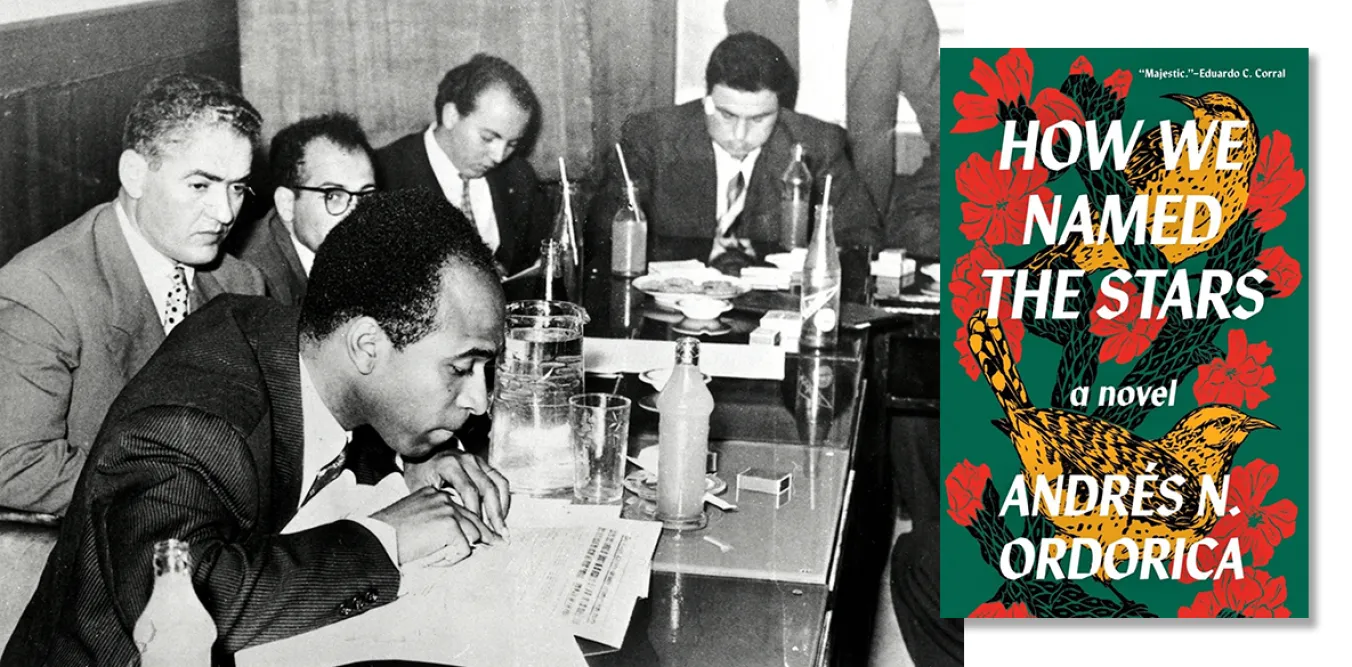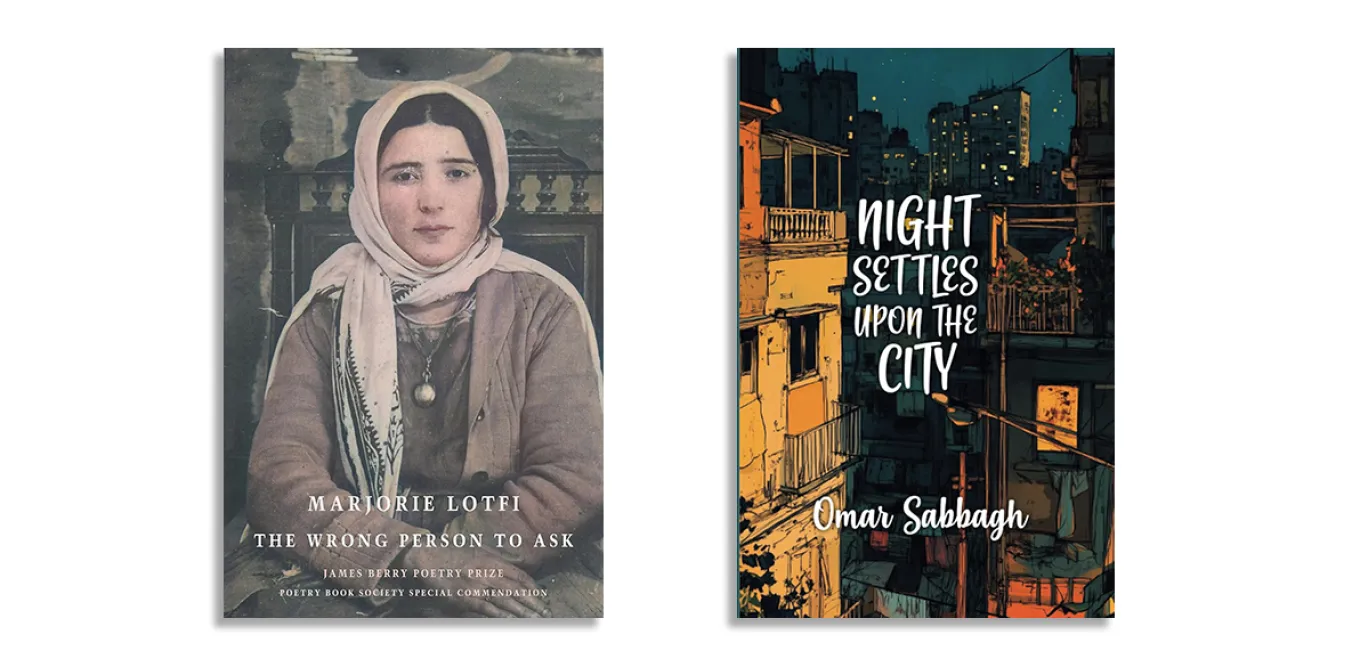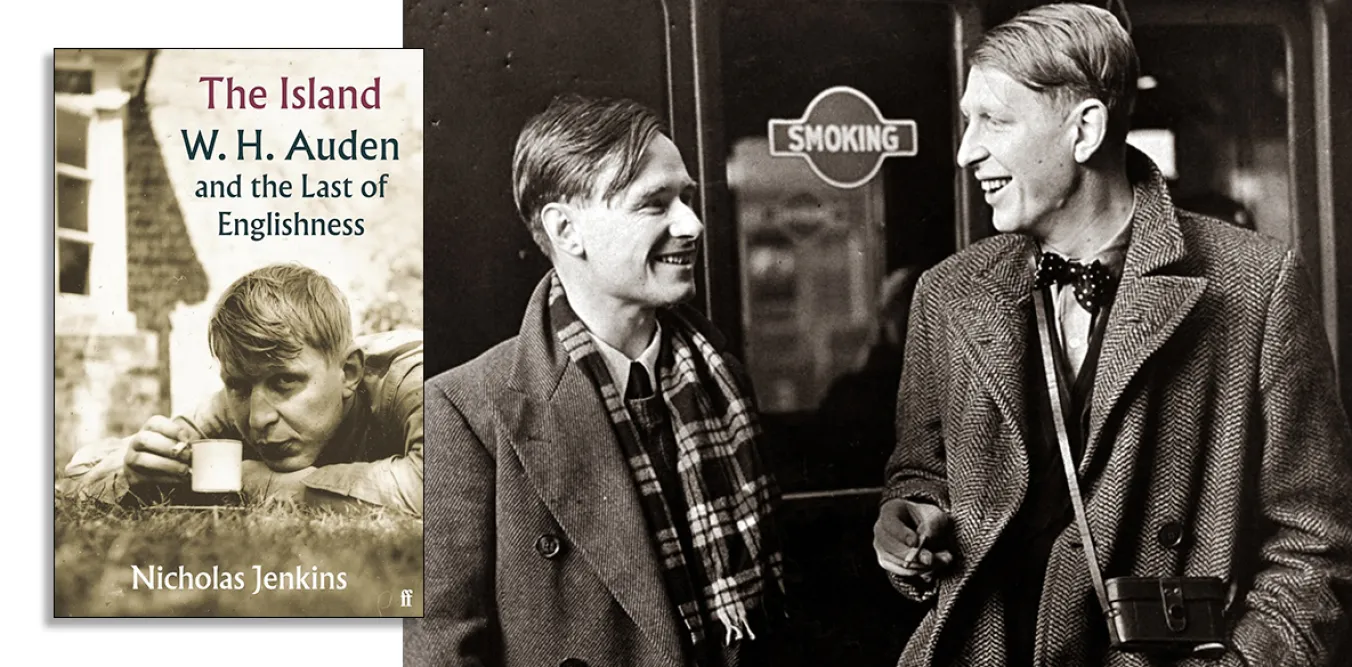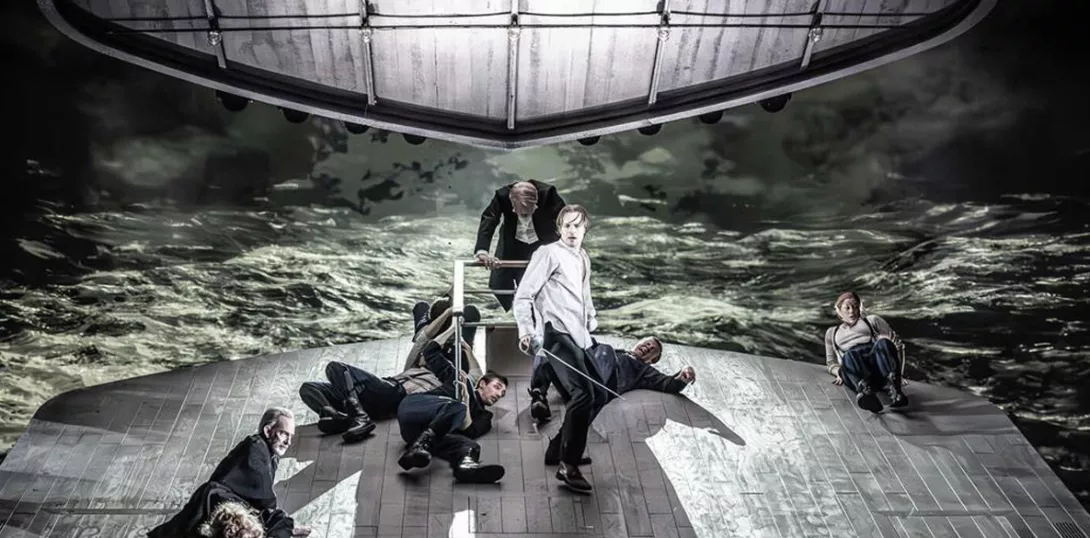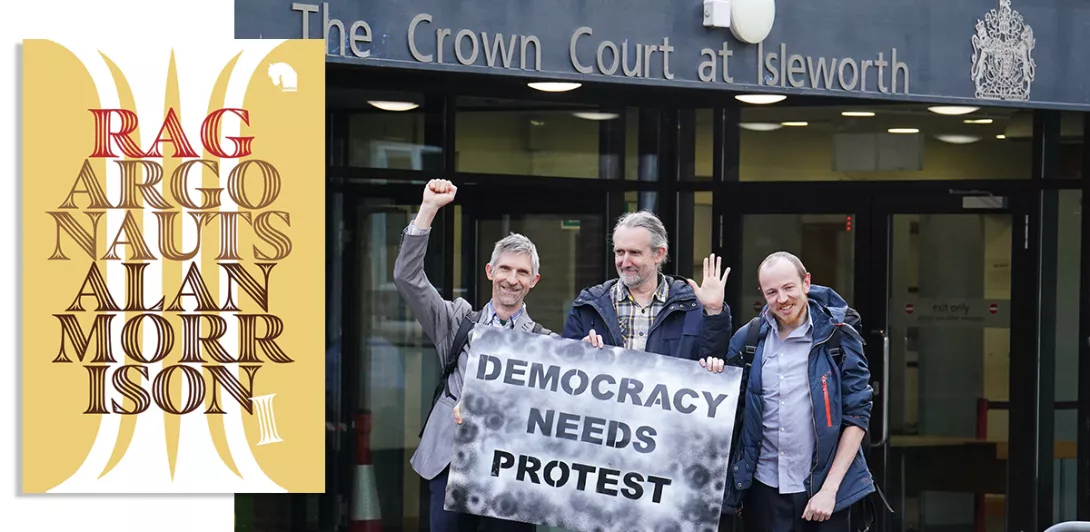
Rag Argonauts
Alan Morrison, Caparison Press, £12
RAG ARGONAUTS is Alan Morrison’s 12th volume of poetry. Over the course of that sustained output he has perfected a style that is as comfortable with longer-form poems as it is with shorter lyrics, that encompasses historical and political themes and employs a broad range of references and allusions to foreground the poems.
The title of the new collection sets us on a voyage that traverses several time periods and locations, during which we encounter various real and mythological figures.
Early in the collection Hauntology is nostalgic for 1970s Britain with its “anoraks/ & balaclava helmets, the high-backed bikes;/ the characterful, curvaceous cars more varied in shape & colour—like wheeling sweets;/ chilled milk in glass bottles, chocolate bars in paper wrappers, Lucozade in squeaky orange cellophane” but what the poem grieves for most of all is “the future/ that we were anticipating, the authentic/ tomorrow of matt & meritocracy, mutual/ improvement, cooperativeness, progressive/ ideas, transgressive television, Play For Today,/ punk’s political music—all abruptly aborted.”
